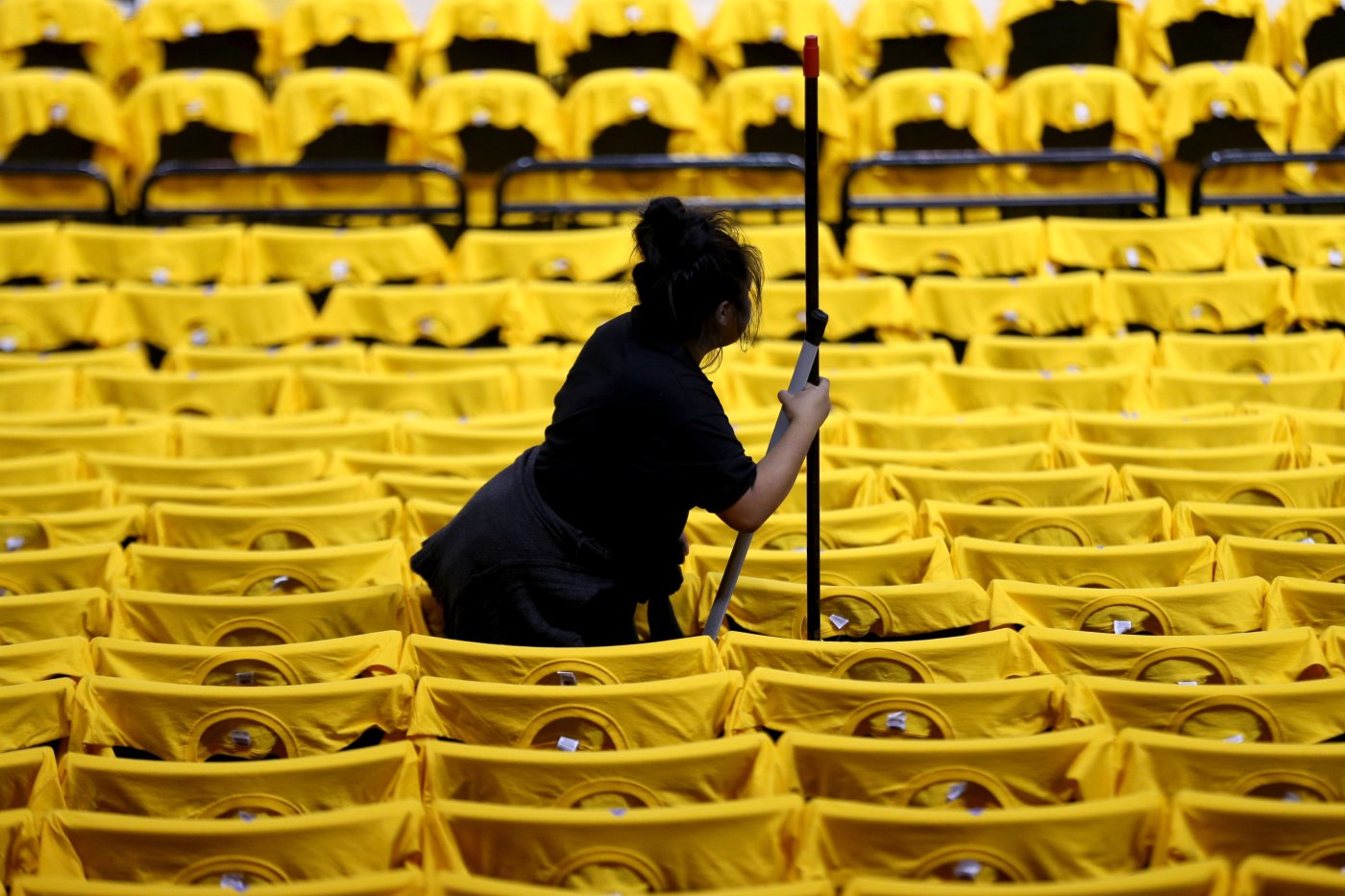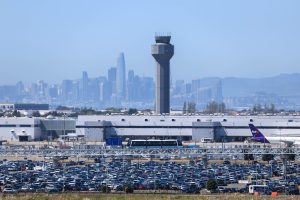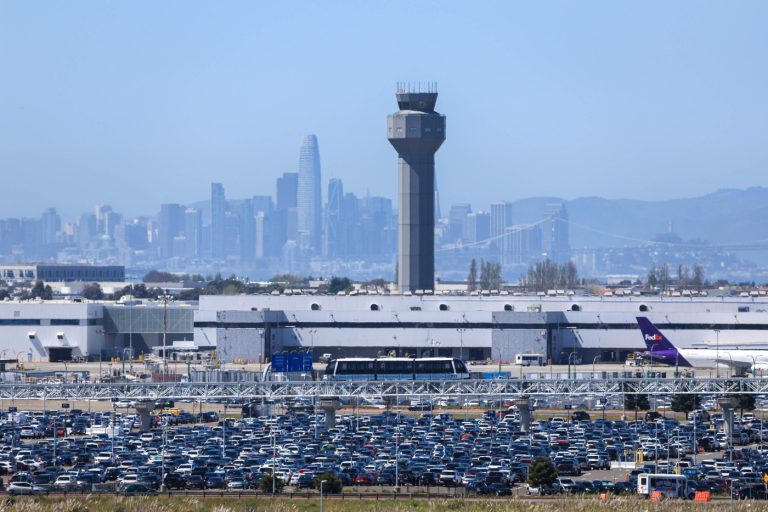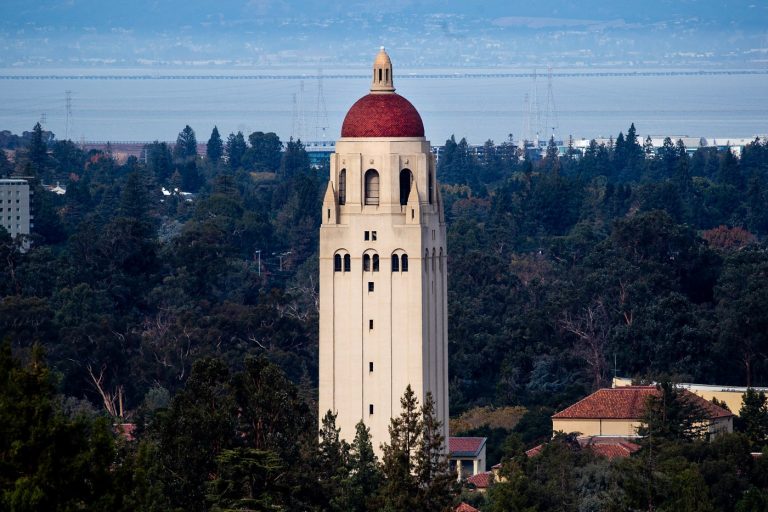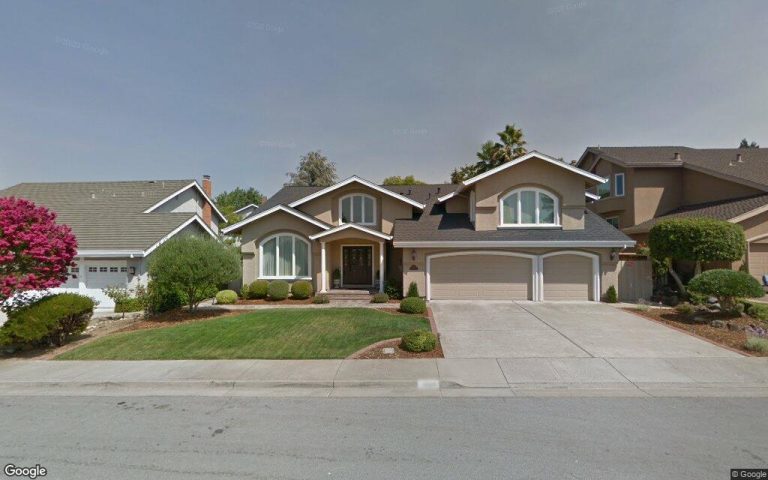As California voters consider whether to increase the state’s minimum wage, they should keep in mind that the proposed hike is very modest and would benefit the neediest workers among us.
Proposition 32 would raise minimum pay by 2026 to $18 an hour, about $1 more than it would be otherwise. That’s still not a living wage for a full-time worker in California, and certainly not in the Bay Area.
We should be willing to help employees at the financial bottom of the labor force afford the basic needs for them and their families. Voters should approve Proposition 32 on the Nov. 5 ballot.
To be sure, the measure would make California’s minimum wage the highest in the nation. But California is the third most-expensive state to live in, behind only Hawaii and Massachusetts, according to Forbes.
Raising the minimum wage would likely increase prices, although the non-partisan state legislative analyst pegs that at less than 0.5%, and could prompt some employers to trim their workforces, likely reducing jobs in the state by less than 0.25%.
At the same time, a minimum-wage increase would prompt a small reduction in the number who need to enroll in state public assistance programs like Medi-Cal.
In sum, the proposed minimum-wage increase would be modest and the overall effects small.
Proposition 32 would not affect fast-food workers, whom state lawmakers granted an increase to $20 an hour that started in April, or health care workers, who are slated to receive a $25 hourly minimum wage starting in October.
For other workers, the state’s minimum wage is now $16 an hour, with inflation adjustments up to 3.5% annually, and projected to hit about $16.50 per hour in 2025 and $17 in 2026.
Proposition 32 would increase the 2025 amount to $18 an hour for employees in companies with at least 26 workers, and $17 an hour for those in smaller firms.
In 2026, the initiative would set the minimum wage at $18 an hour, regardless of the size of the firm. After that, the rate would once again increase with inflation adjustments up to 3.5% annually.
The state’s current minimum wage levels were set under a compromise deal passed by state lawmakers in 2016. We applauded that deal as “a reasonable plan in an economy where job growth increasingly is in service industries that pay the minimum wage, or slightly above it, even to longtime workers.”
Since then, living in California, and especially the Bay Area, has become even harder for low-wage workers. This small increase deserves support. Vote yes on Proposition 32.
